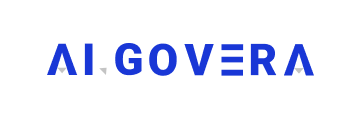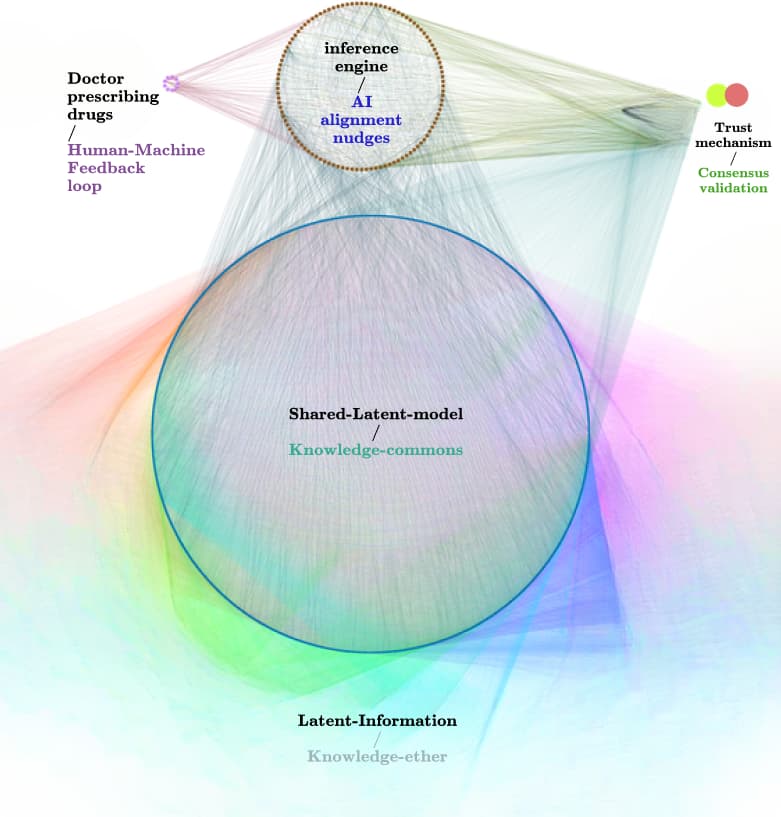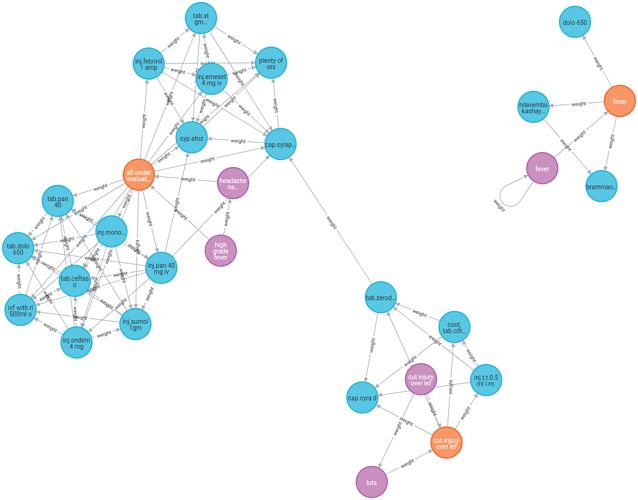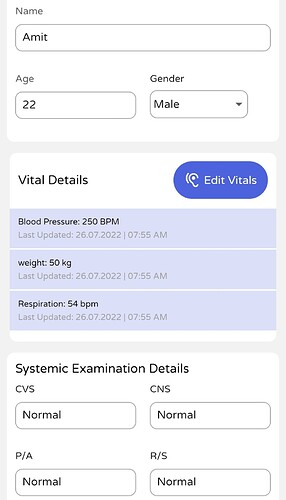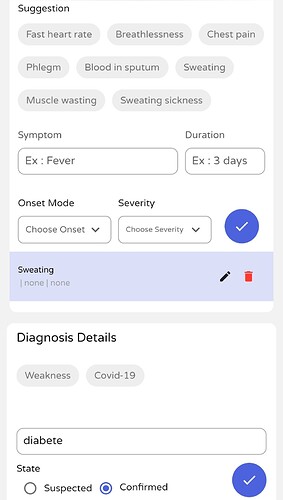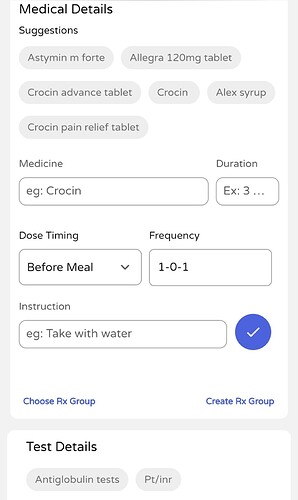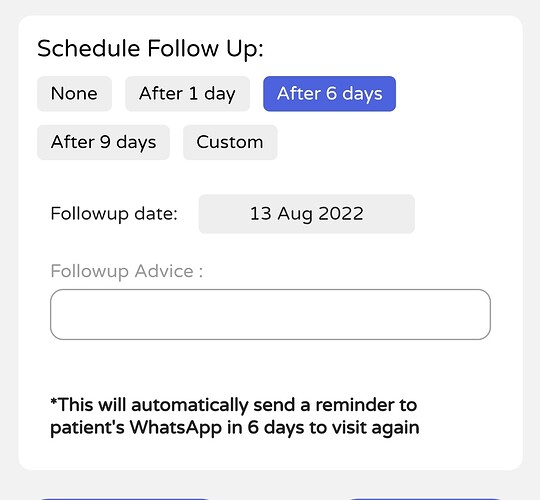Current state of Healthcare
Medical practice relies on handicapped limbs of rudimentary technology while getting treated and giving a treatment is always going to be a necessity. Prescriptions are one such strong use-case. A practitioner now prescribes drugs on an indecipherable gibberish handwritten paper which is not understood one bit, even by the patient taking those drugs, thus creating a black box floating on a thin rope of very high leverage, people’s life.
This project focuses on nailing a shared consensus between physicians on how diseases are diagnosed and how drugs are prescribed to patients and is deployed in real life clinics across the country. The subsequent section describes the “how”.
Core principles of How
For legitimizing prescriptions, a shared narrative (shared-latent-model) for Prescriptions (Rx) must be established as a base among doctors and a machine learning recommender model will be deployed to nudge towards the common incentive of the collective.
While translating this to implementation, a shared ontological network for Rx writing has to be constructed. This is an analogue to a Distributed Ledger, whose parameters are mutable by professionally validated medical practitioners (doctors) and verified via their peers.
Meta nodes of the network: Patient vitals and history, Symptoms, Diagnosis, Prescribed drugs and Lab tests. Here one might be a function of another but exact mapping and correlation between them is not empirically determined until doctors start writing the Rx.
Once, they do start writing, network parameters will start tweaking after meeting consensus.
After a valid Rx is sent to patient, parameters change from last Rx generated become global as network’s weights and can be leveraged through recommendations to the next doctor, allowing to build on top of established epistemic knowledge. Same process repeats itself in ‘Community Epochs’ guiding a distributed loss descent to the common incentive optimum.
Links between these meta-nodes will be emergent and a function of community incentive, keep this running for certain epochs and we’ll move a leap towards legitimizing drug prescribing, and possibly drug discovery/repurposing.
This would be a collaborative project with Paperplane Clinic App, a product facilitating Digital Rx writing for more than 1000 verified doctors. The feedback loops to the model being from free markets and legit medical practice make Paperplane an ideal testing ground rather than an enclosed research setting aiming blindly towards publication goals. Great fact is, the project is already underway. See, a sample graph already forming connections between two distinct Rx.
The Rx writing pad with AI nudges in real time:
Deliverables
-
Deploying a base graphical based medical ontology.
-
Inlet/Outlet pipes for when a doctor writes/sends a Rx.
-
Sharing network weights and validating them.
-
Tuning algorithm for weights and other parameters based on new entries.
-
Integrating recommendations and the project in user facing software.
-
Judging metrics and impact.
Squad
Amit Singh (metamyth)
Advanced Research Group, Active Inference Lab
R&D + Product at Paperplane Technology
Twitter: https://twitter.com/not_amyth?t=BSpbbssQAIkrRAgg1ZTUIQ&s=09
